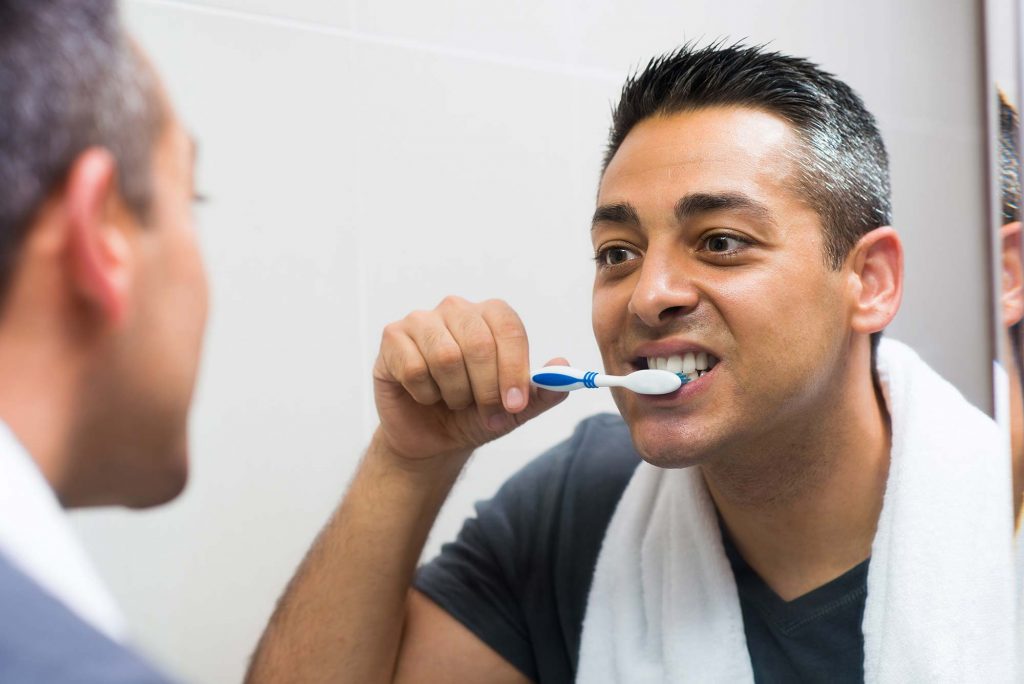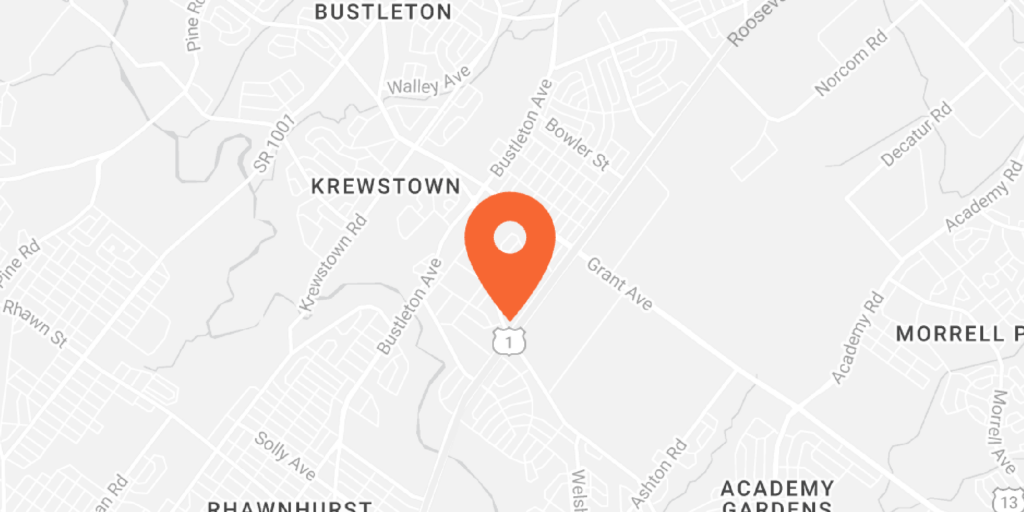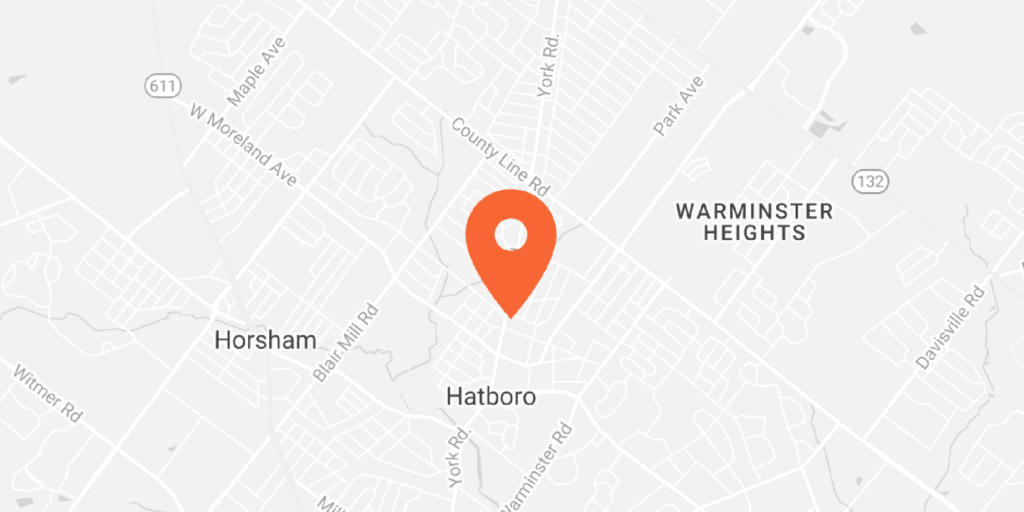Have you ever visited the dentist and been told you aren’t brushing your teeth properly? It may come as quite a shock since most of us have been brushing our teeth for as long as we can remember. How could we be doing it wrong?
It turns out that teeth brushing mistakes are a lot more common than you might think. You may have learned to brush incorrectly from a young age or just adopted a few bad habits over time. It’s never too late to mend your ways though. Keeping your teeth clean is one of the best things you can do for your body.
More than just your smile is affected by poor dental hygiene. Plaque forms on your teeth every time you eat and drink. If not properly cleaned, the plaque can eventually turn into tartar, which can, in turn, result in tooth decay and even gum disease.
The best way to prevent those outcomes is by improving your brushing technique. Even if you think you are taking proper care of your teeth and gums, you might be missing some important steps. Keep reading to see what kind of teeth brushing mistakes you want to avoid.
1. Brushing only in the morning
Brushing your teeth first thing in the morning may feel satisfying, but if you aren’t also brushing your teeth after eating breakfast and before going to bed, you are doing yourself a real disservice. Nighttime is when bacteria are able to sit in your mouth for the longest period of time, so you should make a serious effort to brush and floss thoroughly when you are done eating and drinking for the day.
In a perfect world, you would be brushing your teeth immediately after eating, no matter how many times a day that may be. But who is really able to brush their teeth at work? If that doesn’t work for you, dentists recommend trying to brush at least twice a day. The best times are right before bed and when you wake up (after breakfast though if possible).
2. You are using the wrong kind of toothbrush.
You should be using a soft-bristled brush for your teeth. Many of the cheaper options in the store will be too hard and could hurt your gums. If you have orthodontic gear such as braces, a hard-bristled toothbrush could actually damage the metal as well.
The plaque itself is actually quite soft and can be removed easily by soft bristles. But you have to make sure you are able to reach all of your teeth. To do so, be sure to use a toothbrush with the right head size as well.
You should also be replacing your toothbrush every 3 months. Worn-out bristles are less able to tackle the plaque and food particles from your teeth.
3. You’re using too much toothpaste.
You should be using about a pea-sized amount of toothpaste each time. If you use more than that your mouth may mistakenly feel cleaner than it really is. Using the right amount of toothpaste will help you keep track of how clean each tooth is, and if you have been brushing for long enough.
4. You’re brushing for less than 2 minutes.
It can be easy to rush through the teeth brushing process when you are in a hurry to get to work in the morning or to get to sleep at night. But brushing for less than 2 minutes means you may just be pushing food particles around your mouth instead of effectively cleaning anything. In fact, it may be more effective to rinse with water instead of doing an improper brush.
Cleaning braces will take even more time, though. You need to make sure you are cleaning around each bracket and behind every wire as well. Always remember, the quality of how you brush is actually more important than how long you spend brushing. Make time each day to do it right, and you won’t regret it later.
5. You’re using the wrong technique.
Any dental hygienist can tell you that not all brushing techniques are created equal. Most people think they are brushing correctly but may actually be missing some important steps.
In addition to the other instructions in this list, to brush correctly you should begin by rinsing your mouth with water. This helps clear a significant amount of food particles before you even begin brushing. Next, brush every corner of your mouth, including gums, tongue, and all surfaces of your teeth.
Brush softly using small circles and make sure to thoroughly clean each tooth. Big, fast brushstrokes may hurt your gums and do little to actually clean your teeth. Once finished, avoid rinsing with water. You want the fluoride to remain on your teeth as long as possible. If you can rinse with a fluoride rinse before bed.
6. You aren’t flossing every day.
It’s the question everyone dreads at the dentist’s office: “How often do you floss?” For most of us, the answer is, “Not often enough.” While not technically “brushing,” flossing is the best way to grab food and bacteria from in between teeth and should be part of everyone’s teeth brushing routine.
It is especially important for anyone with orthodontia such as braces though. The metal brackets and wires of braces can harbor even more plaque and bacteria that can’t be reached by a traditional toothbrush. Ask your dentist or orthodontist about special tools to help get the job done.
These teeth brushing mistakes can be extremely costly in the long run. Cavities and gum inflammation can quickly become root canals and periodontal disease. These conditions are costly and usually quite painful. Not to mention, periodontal disease can have implications for the rest of your health as well, far beyond that of your mouth.



